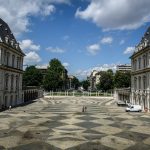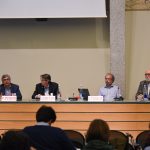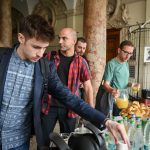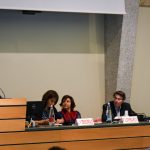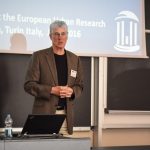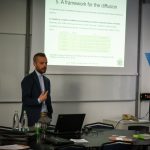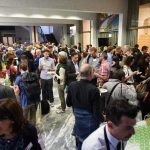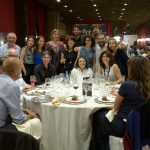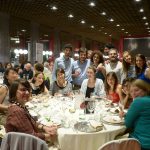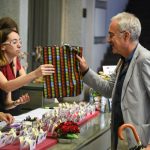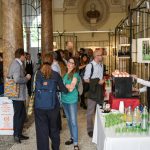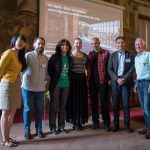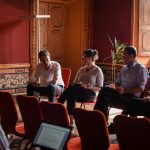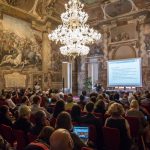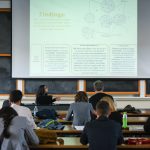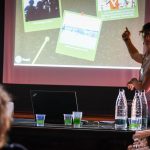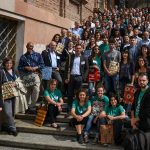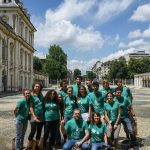EURA 2016
City lights: Cities and citizens within/beyond/notwithstanding the crisis
16 – 18 June 2016
Turin, Italy
The EURA 2016 annual conference was held in Torino, Italy from the 16th to the 18th of June, 14 years after the city hosted another EURA conference. The event, whose title – “City lights: Cities and citizens within/beyond/notwithstanding the crisis” – has been considered a bit of a riddle by many participants, has been organised by members of the DIST department of the Politecnico and University of Torino and by planning students that volunteered for the Conference. The main objective of the conference was to draw attention and reflections on the global crisis and its economic, socio-cultural, environmental and political interrelations that may have produced adaptive responses and counterstrategies in cities across the world.
Papers presented at the conference have showed very diverse positions as regards present conditions of cities, on the possibility that they have already undergone deep changes, on the recognition that citizens are dealing with new forms of citizenship, new forms of representation and, in some cases, different perspectives for innovative practices of urban democracy.
The Torino conference, following the tradition of other EURA events, welcomed contributions reflecting on the global crisis from an urban point of view, in order to highlight those ruptures that are permanently changing cities. About 260 scholars from 31 different countries and different disciplines, practitioners, and policy- and decision-makers have taken part to the 44 sessions and 2 plenaries, witnessing experiences of this general transition process. Keynote speakers (Simin Davoudi from Newcastle University, Susan Parnell from Cape Town University, and Gilles Pinson from Bordeaux University) have provided a much appreciated start and closing of the conference, while awards to the best paper (Eija Susanna Meriläinen, HUMLOG Institute, Hanken School of Economics and Assistant Professor Wilfredo Yushimito, Department of Engineering & Sciences, Universidad Adolfo Ibáñez) and to the best paper from a young scholar (Tsavdaroglou Charalampos, PhD Researcher, School of Architecture, Faculty of Engineering, Aristotle University of Thessaloniki) have been assigned during the final plenary.
In terms of possible innovation for future conferences, the Torino event has given the chance to present proposals for full sessions and an off programme has been organised both to provide further ground for debates and discussion and to give participants a different way to experiment the city; the attention to social and environmental sustainability has been at the heart of the Conference (Food for Good initiative and the Catering provided by the Prisoner’s food laboratory; finally the Conference bag from a Women Project in Kinshasa, DRC).



